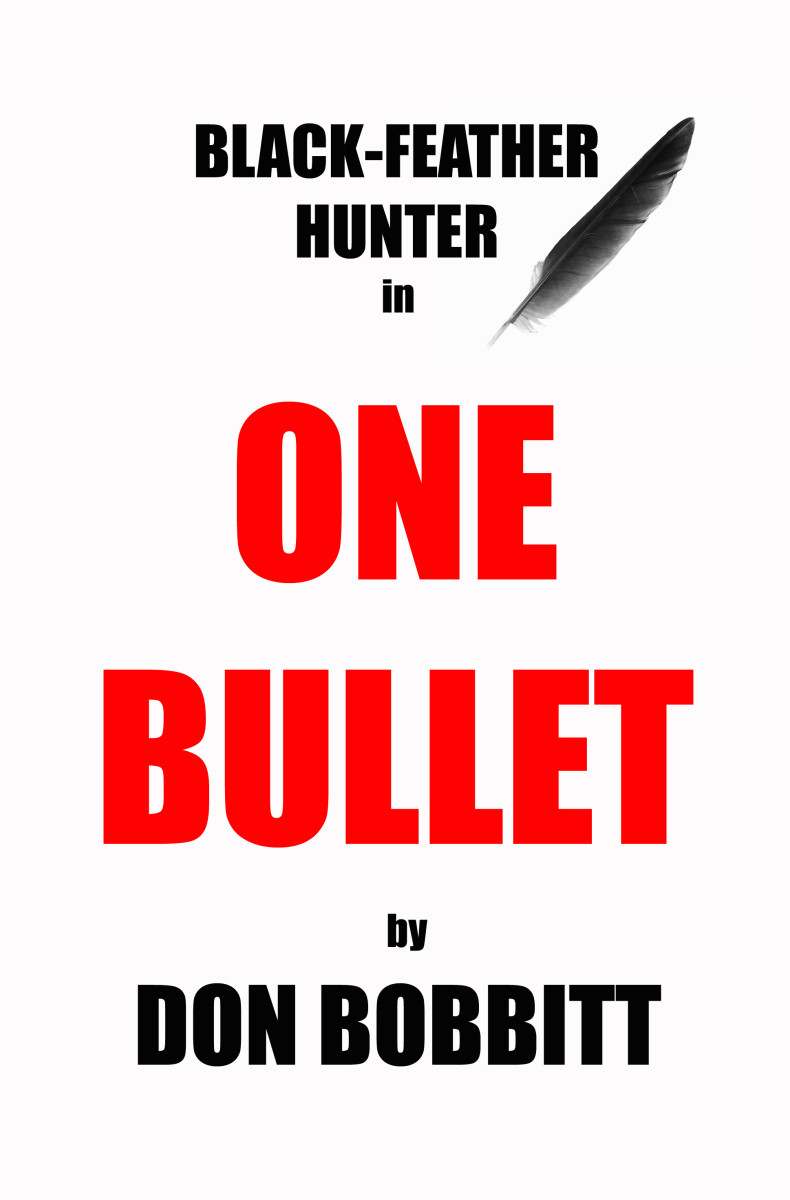- HubPages»
- Books, Literature, and Writing»
- How to Write»
- How to Get Published
A GUIDE TO SELF PUBLISHING
The Key to Viable Self-Publishing?
The question is, what is self-publishing?
I ask because a lot of writers who think they have or are self-publishing, are not in fact doing anything of the kind.
Let me say in the first place, that I have nothing against genuine self-publishing. New technology makes it an increasingly viable method by which new writers can get their work into the market place. Having said that, I will now justify that first statement.
For a number of years I worked as a Publisher’s Agent, which, for those who don’t know, is a glorified salesman. The job entailed visiting book distributors, wholesalers and bookshops in a given region. My region covered the west of England from Penzance to Bristol and drawing a line virtually due south.
Things have changed with the growth of computers, bookshop chains and centralised distribution companies, but at the time a Publisher’s Agent was how books got to market. This task also involved attending editorial meetings to provide market feedback. What books are selling, what books are not and so on. All this boils down to inside knowledge and an understanding of why a perfectly good manuscript by an able but unknown author might still be rejected. The answer to this question will be revealed shortly.
Those were the days before digital printing and when, to gain a viable per copy price, book print-runs were counted in tens of thousands. Those were also the days when subsidy/vanity publishers sought out those tired and frustrated by continued rejection without explanation and offered to publish their book - for a fee.
This is where I need to be a little bit hard nosed and point the finger to where the fault truly lies. Such companies are called vanity publishers because they seek to make money out of the author’s own vanity. There is no vanity on their part, it is purely business. It’s the rule of supply and demand; you want your book published. They will do it for a fee.
The principle they break is that no business will produce a product unless they know they have a market for that product. Here is the answer to why publishers reject perfectly good manuscripts. The question they need to answer is, how many copies of this book will sell?
The publisher needs to cover, not only the cost of production and the author’s royalties, but all the overheads in running their business for the time taken to prepare, edit, design a cover and distribute your book. Then there are marketing and advertising costs to take into account. From this they deduce a viable sales target required to break even, let alone make a profit and all business expects to make a profit.
The second element of this equation is that any given publisher will only have so much money in the bank. There is X in the bank. It costs Y to publish a book. X ÷ Y = how many books that publisher can afford to publish that year.
A third element is time. It takes so long to prepare a manuscript for publication. Multiply the number of staff available by the number of working hours in a week and divide by the time it takes to prepare a manuscript for publication and you know how many books you have time to publish in any given year.
Now the publisher has a choice between a manuscript from an established author with a proven following giving a guaranteed potential sales target and another perfectly well written and viable manuscript by an unknown author who will incur a great deal of additional expense in marketing and promotion and guess who will receive the rejection slip.
The phrase, ‘Sorry our list is full’ is basically the answer to the above equation.
You might now be asking how knowing this helps when it comes to self-publishing. It does because, unless you are publishing for vanity’s sake, the same principles apply.
The difference between self-publishing and vanity publishing is that the author has a prospective market in mind. Genuine self-publishers identify their market and develop have a detailed plan on how to access that market with a firm target of how many books they will sell. This doesn’t simply mean having the book on Amazon or some similar location and trusting to chance. This is a detailed and specific plan on how to access that pre-identified target market.
A key element in achieving this target is that your book must be sold at a viable market price. You can judge this by walking into any bookshop and looking at the price of any book of similar size and format. Now ask, can you sell your book at a similar retail price?
One problems with many, ‘We will publish your book companies,’ please note that I have not called then self-publishing companies despite that they bandy this term about in their advertisements, is that they quote a per copy price that is too expensive to achieve any other than direct sale from their website. Remember that any bookshop will expect at least 35% discount off the retail price to stock your book, although this may vary if a sale or return arrangement is made.
Another reason why using some of these companies is not true self-publishing relates to the ISBN number used.
The International Standard Book Numbering system identifies all books published. Part of the prefix element of this number identifies the publisher, thus the use of a number with their prefix identifies them as the publisher. Your book is published by them, not by you and so, is not self-published.
This might seem a minor point but problems can arise depending on the small print in the contract they offer. Some companies offer a perfectly genuine and beneficial process of book production on your behalf. Others have clauses that grant them a controlling say plus a percentage of the profit from all future rights to your book, despite that you are paying them in the first place.
One important feature to look for is the wording on the title page of your book. This is the page with the ISBN number and the phrase,
‘All right reserved. No part of this publication may be reproduced …………. Without the prior permission of the --------.’
At this point it can say: ‘Author’ or ‘Publisher’ or ‘Copyright Holder.’ If it says ‘publisher’ and the book is published with their ISBN prefix, they are the publisher and they have gained the right to grant future permissions.
Now just suppose a major publisher decides it now wants to publish and promote your book to a wider audience. It is well known that even the best of friends can fall out over money. So what about a business and a client when they have a contract that you have signed without reading and understanding that clause X, Y or Z in the small print gives them the subsequent rights to your book.
If it says ‘copyright holder’ and you think that you are automatically the copyright holder because you wrote the book, which is true, unless there is a clause in the small print of a contract you have signed assigning those rights to the publisher. Many of these contracts are little different to those offered by any mainstream publisher, except that they will be paying you instead of you paying them.
At the very least you need this to say ‘without permission of the author,’ but there may still be complications. Some contracts contain small print requiring that you also seek permission of the publisher along with requiring that you pay them a percentage of future earnings for subsequent publication.
Self-publishing is a viable alternative for those tired of rejection, but it must be genuine self-publishing and it is not as difficult as it seems.
Anyone can purchase a small batch of ISBN numbers. Simply contact the ISBN Agency and they will offer all the advice you need, for free.
You will have to think up an imprint name. Take your time. It’s easier to get it right at the start than try to change it later. Call it XYZ Publishing or whatever.
Now you are a publisher. Now you can begin to genuinely self-publish your work, but of course, you need your manuscript turned into a book.
I will describe how YOU can do this in my next article.








